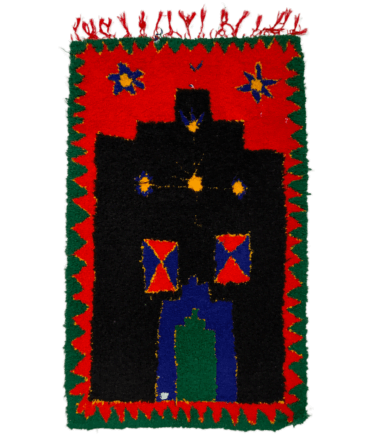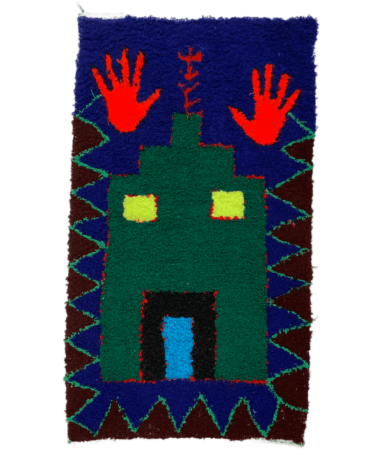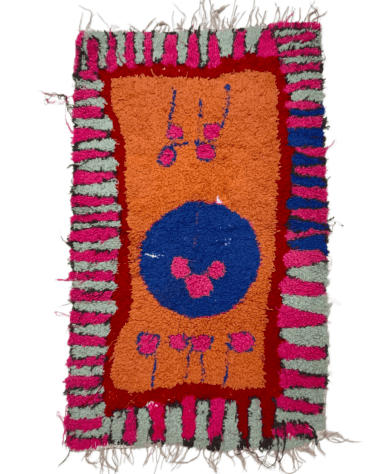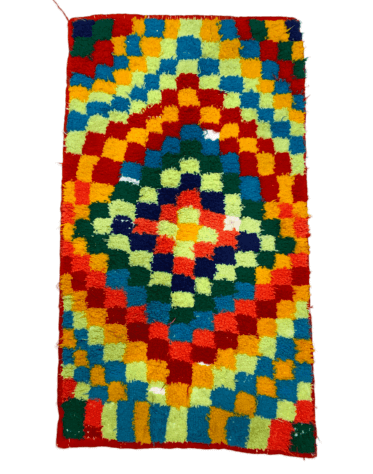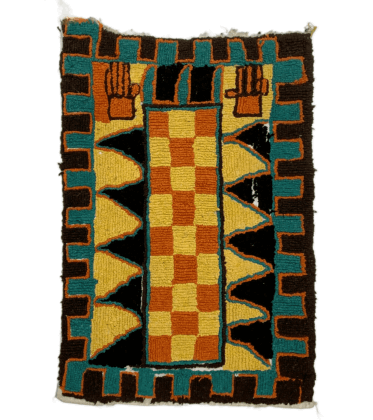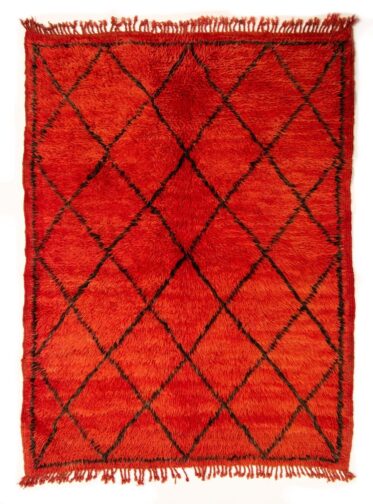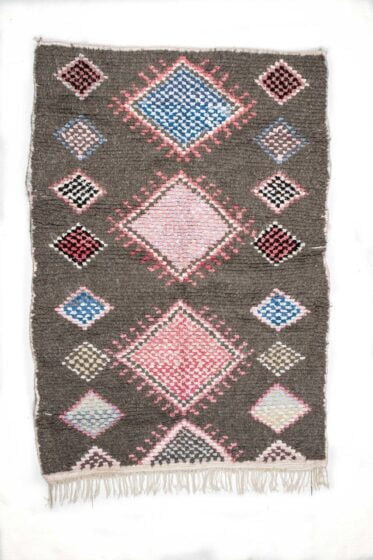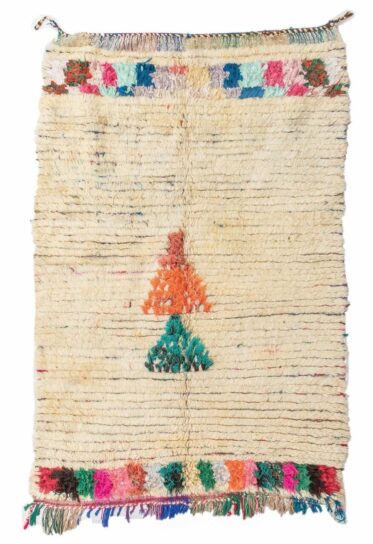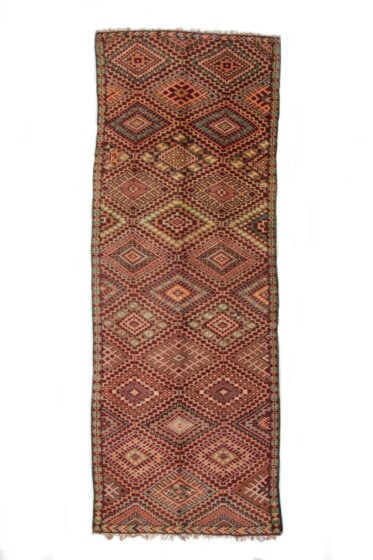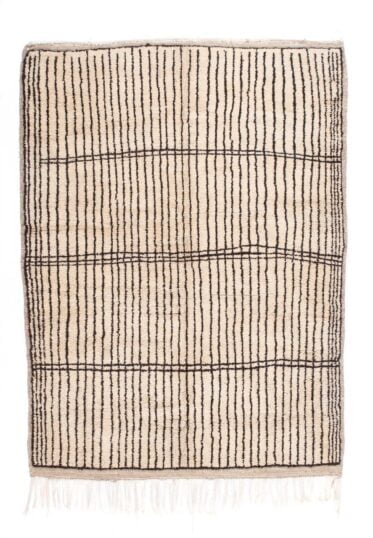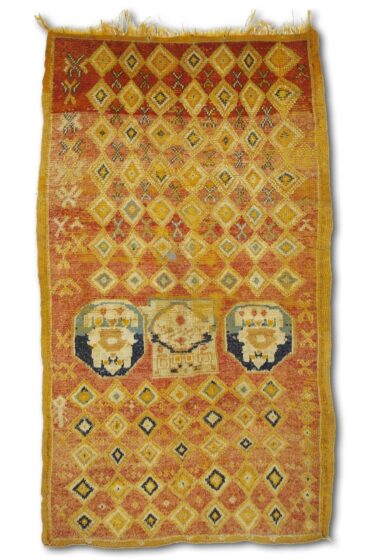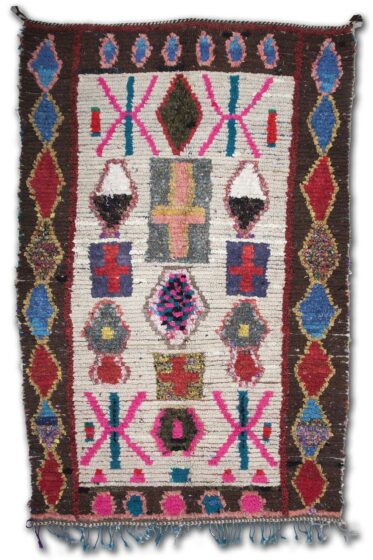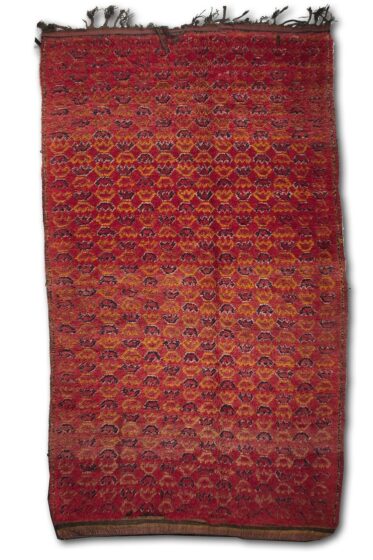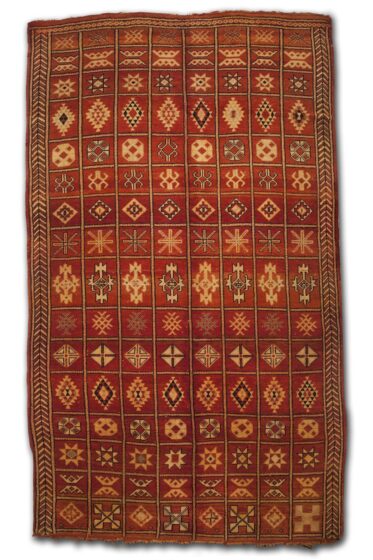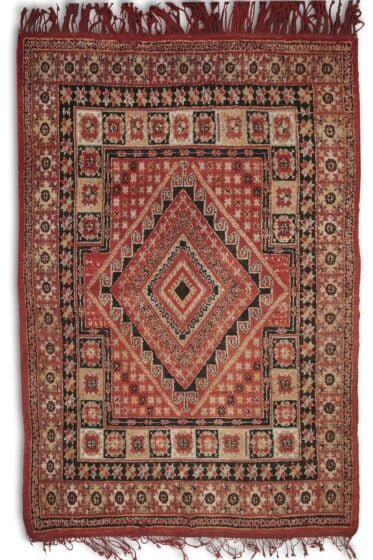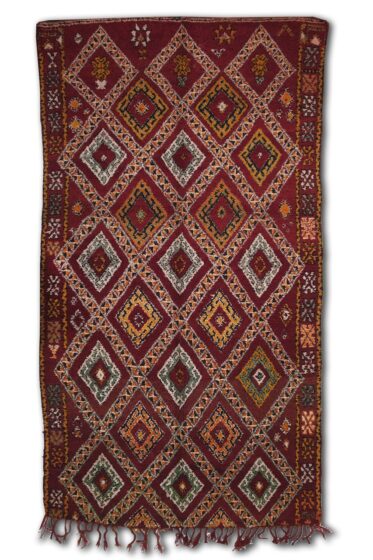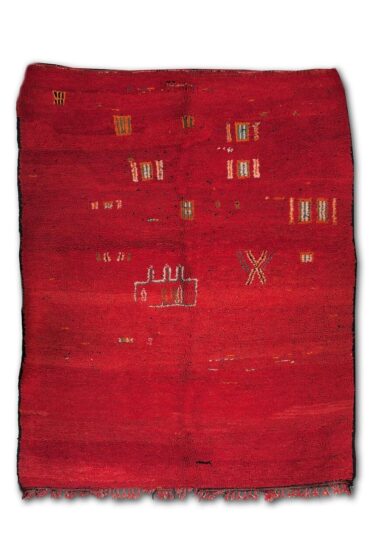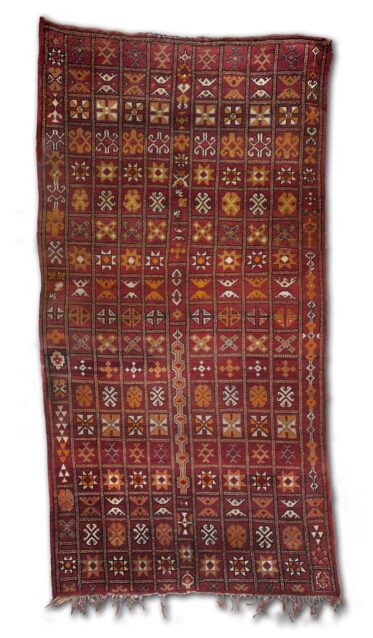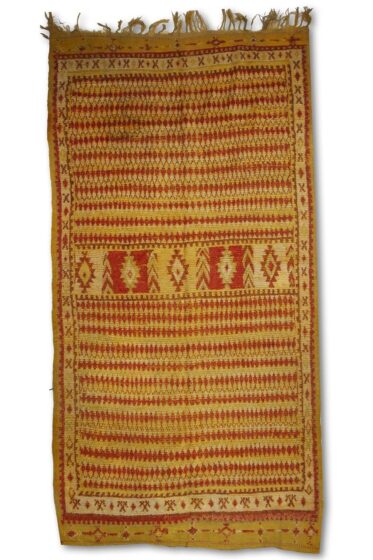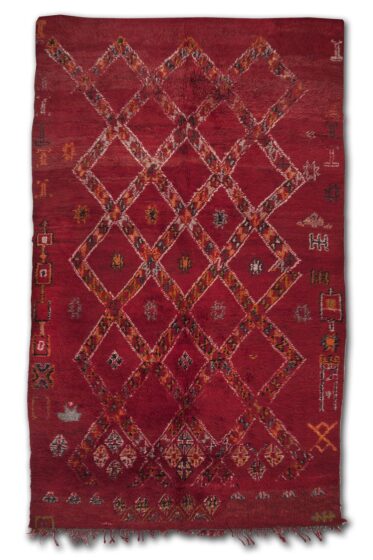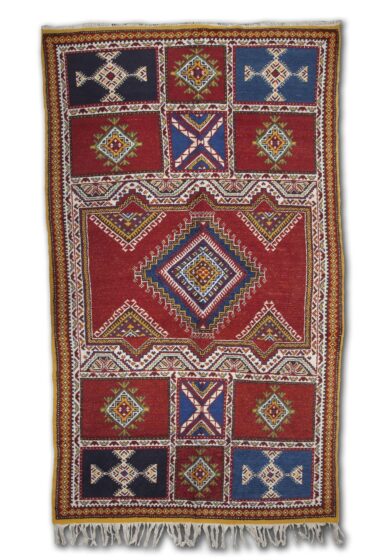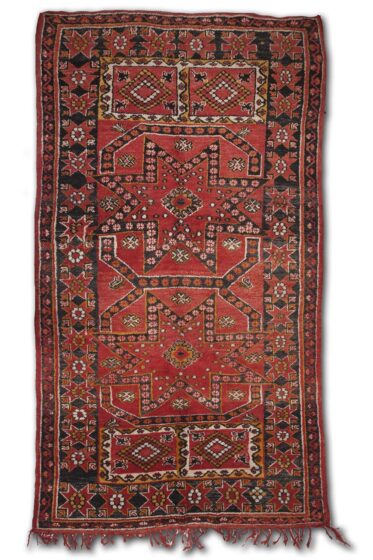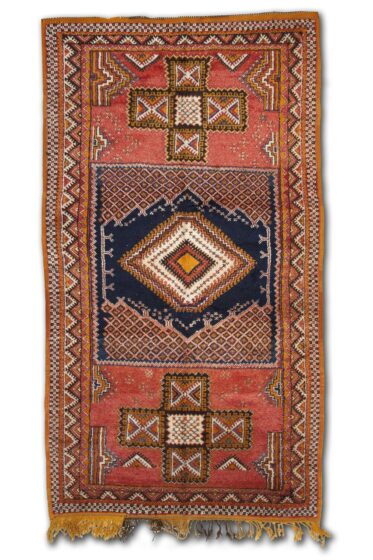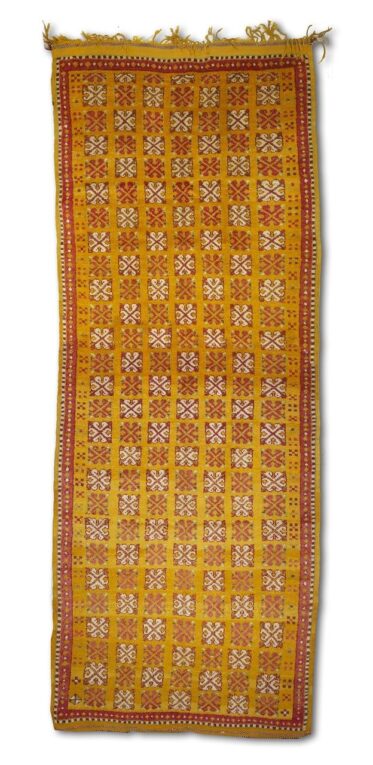Other techniques
Showing 1–24 of 31 results
Other techniques
These flat-woven, extremely flexible rugs are made by the Ourika Valley tribes from the High Atlas mountains. Woven in naturally dyed beige or brown wool, their motifs are usually praised for for the bright palette of colours used and the oval,protective eye shape of their designs. They are especially recommended for children's rooms and warm and fresh spaces.
ZEMMOURPerformed by the Zemmour tribe from the Middle Atlas Mountain range, these are one of the most reputed Berber rugs, due to their high quality and excellent finishing. The beautiful use of reds and oranges and the amazingly rich Berber symbology depicted in their motifs are their most distinguishing features. All of them are usualy vowen in pure wool on a cotton warp. generally with a small and tight knot that allows them to be reversible and keep the perfect design on both sides. In this way, they are used in the coldest season on the side of the hair and in summer time on the reverse as if they were a kilim.
GLAOUIThe Glaoui name evokes a heroic story full of wealth and power. By the end of the XIX century, the Sultan of Morocco, impressed by the Gaouli clan’s power, appointed the chief of this Anti Atlas tribe, Thami-elGlaouli , ( aka "el Glaoui" ), as the Pasha ,(governor), of Marrakech. For half a century he would become the ruler of the south of Morocco. His opulent fiefdom, the Telouet Kasbah, is one of the foundational meeting points of both the Berber and Saharian traditions, the Arabian-Andalusian luxury and the Europe’s wealth.
Galoui style incorporates three techniques: hand-weaving, hand-knotting, and hand-embroidery, which means uniting all the vintage waving techniques. Some of them have fringed threads, so they can be folded, knotted/tied and used as bags for their trips. Their decorative motifs are the oustanding expression of this tribe's culture.
AÏT OUAOUZGUITThese rugs are considered the most representative example of the High Atlas mountains craft. They are made from sheep’s wool and come, most often, in geometric patterns and varied natural dyes such as saffron, henna, wild mint or poppy.
MRIRTWoven in the Middle Atlas region of Beni M'rirt, they are sometimes mistaken for the very prized Beni Quarain rugs, especially the ones made in an off-white or cream background of undyed natural wool. Their distinctive features are the use of red, brown and orange colours and the thick pile density of the weft. Their most frequent motifs are diamonds and lozenge which are common symbols of sexuality and reproduction.
